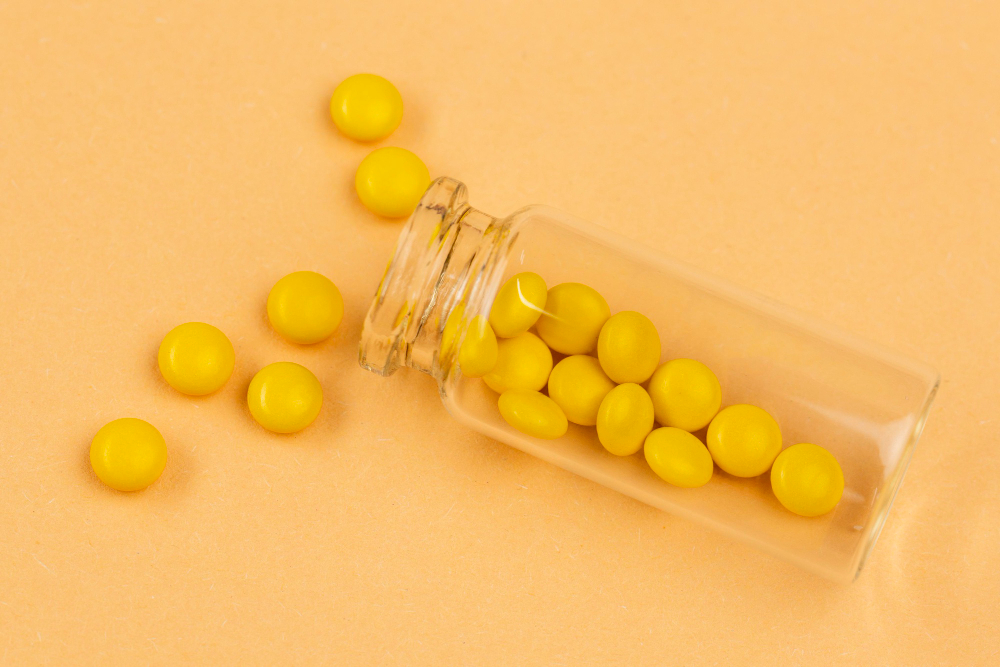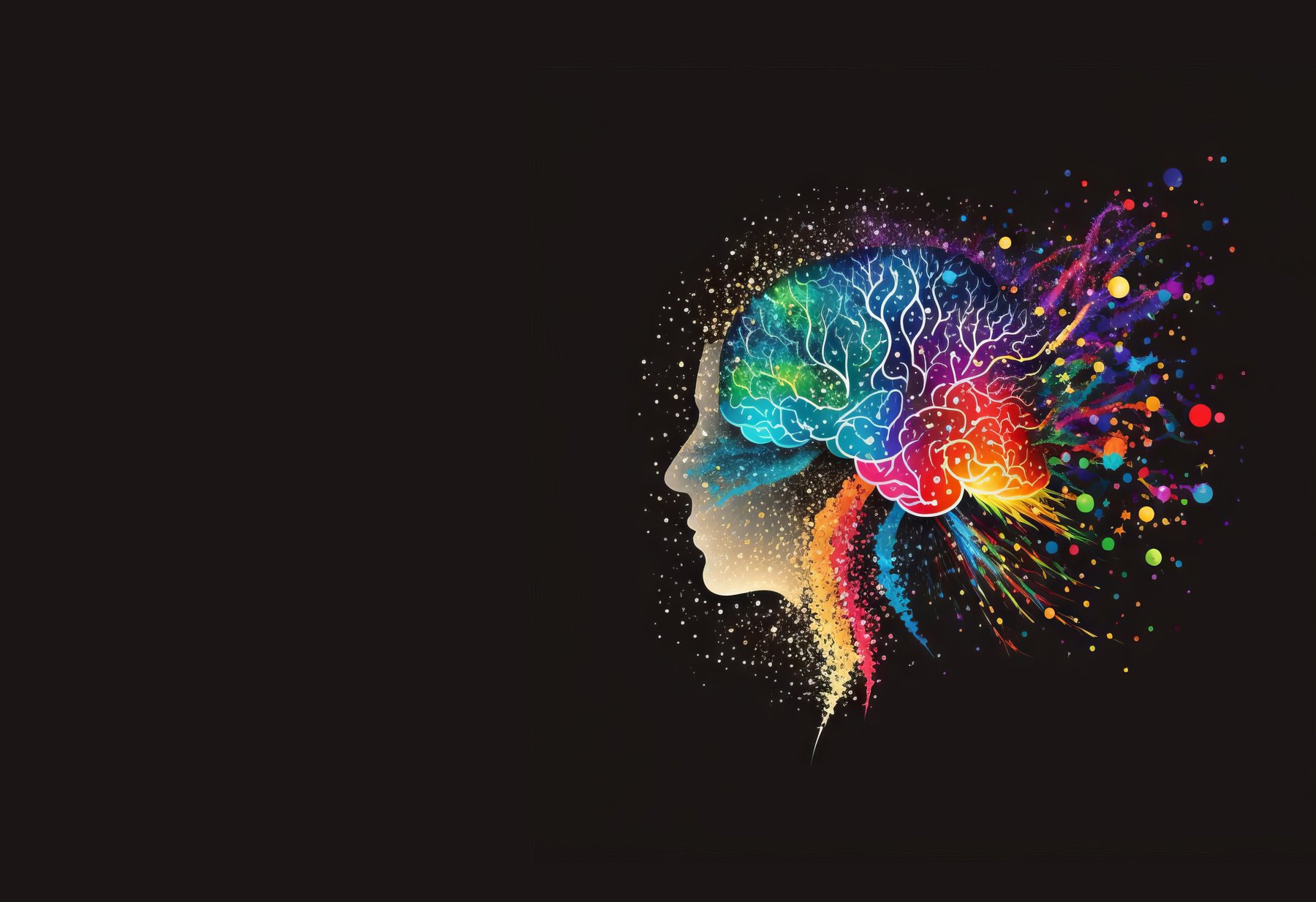What is CBD?
The molecule known as cannabidiol, or CBD, is present in the cannabis plant, which yields marijuana. Cannabinoids are another name for cannabis chemicals. While the cannabis plant has hundreds of different components, THC (delta-9 tetrahydrocannabinol) and CBD are the two that are most well-known and have the greatest understanding. Certain cannabinoids are also produced by the human body.
Most people identify THC with marijuana since it is responsible for the “high” that users of the drug get. Conversely, CBD is non-psychoactive, which means that using it won’t cause the consumer to experience mind-altering effects. To get services and support if you’re having trouble with substance use, call the SAMHSA National Helpline at (800) 662-4357. Assistance is offered around-the-clock.
CBD appears to modify the body, even though it doesn’t make you feel euphoric or change your mental state. It is thought that these physiological alterations aid in the treatment of many illnesses, including anxiety.
How does the body process CBD?
Like all cannabinoids, anxiety may affects the body by binding to certain receptors. The CB1 and CB2 cannabinoid receptors are found in the brain.
Movement and coordination, mood and emotions, appetite, memory and cognitive function, and other areas are all impacted by CB1 receptors. To CB1 receptors, THC binds. CB2 receptors affect pain and inflammation and have a stronger relationship with the immune system. Previously, scientists thought that CBD was bound to CB2 receptors. The currently more widely accepted idea holds that CBD causes the body to create more of its own cannabinoids, which then bind to the CB2 receptor to assist patients treat pain and other illnesses. Before the medical world fully comprehends how CBD acts in the body, further research must be conducted.
Does CBD oil have any effect?
Anecdotal proof that CBD oil relieves their anxiety is frequently offered. Users of CBD say the drug makes them feel more at ease and in control of their emotions, as well as improves their ability to fall asleep at night.
In order for the scientific and medical sectors to comprehend whether and how CBD oil treats symptoms, further research on cannabinoids is still required. The majority of the clinical research that is currently available on the effects of marijuana on mental health symptoms concentrates on THC, or marijuana as a whole, rather than on CBD or CBD oil.
However, the results of the clinical trials that have been carried out thus far are encouraging. The World Health Organization’s critical review report concluded that CBD has “a good safety profile and is generally well tolerated.” Additionally, a 2010 study discovered that CBD may help those with social anxiety disorder by easing their symptoms. Participants in the study had their brains scanned, and the results showed variations in the regional cerebral blood flow. More specifically, scientists discovered that when subjects consumed CBD oil, there were alterations in brain areas linked to anxiety. However, with only 10 people in the sample, this was a relatively small study.
According to a 2015 review of earlier studies on CBD and anxiety, CBD oil seems to be a viable treatment for a variety of anxiety disorders. The study found that CBD appears to be a useful treatment for symptoms of anxiety that are temporary, but it also advised that further research is necessary to determine whether cannabidiol has long-term effects and whether it can be used to treat symptoms that persist over an extended length of time.
It would be helpful to keep in mind that all medications, including natural ones like CBD, have varying effects on various people if you are thinking about utilizing CBD oils as a possible treatment. It doesn’t guarantee that it will work the same way for you just because it did for someone you know. Working with a therapist or counselor is usually a good option in addition to any other treatment you are receiving for your symptoms.
CBD for anxiety and depressive illnesses
Additionally, some people take CBD to treat their depression. The way that CBD interacts with the brain to lessen anxiety symptoms is still a subject of much more research. According to one theory, CBD may influence the brain’s serotonin receptor and function similarly to selective serotonin reuptake inhibitors (SSRIs), a class of drugs that are frequently prescribed to treat depression.
Furthermore, pertinent experiments of CBD on animals have been conducted. According to a 2014 study that used animal models, CBD oil has antidepressant and anti-anxiety properties. However, before this finding can be extended to those who are depressed, more human trials (containing an experimental group and a placebo group) must provide comparable results.
The majority of the available data on CBD oil’s ability to assist people manage depression is anecdotal at this time. Continue seeing a therapist or counselor and absolutely talk to your doctor if you intend to experiment with using CBD to treat depression.
Potential negative consequences
Even while CBD is widely regarded as harmless, using any drug or supplement, including dietary supplements, carries the possibility of adverse effects, even though it is a “natural substance.” The majority of users of CBD oil don’t have any negative side effects. Nonetheless, there’s a chance of modest adverse effects, such as:
discomfort in the stomach
lightheadedness
Weary
mouth dryness
Mood fluctuations or emotional shifts
disruptions to sleep
If you use CBD oil frequently, these side effects can be bothersome and uncomfortable even though none of them are likely to be fatal. Speak with a medical expert if CBD oil causes you to experience any negative effects. It’s possible that you may benefit more from a different kind of care or that you should change the dosage of CBD oil.





